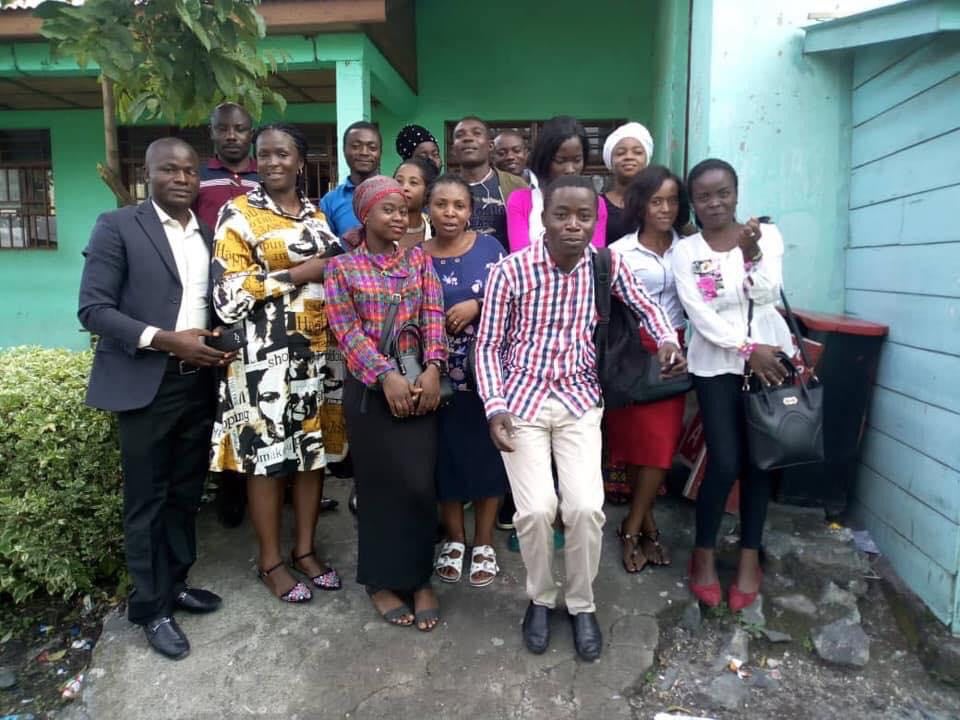
SELF-HELP AND RESILIENCE IN THE DEMOCRATIC REPUBLIC OF CONGO
I interviewed Bertin Kalimbiro from the Democratic Republic of Congo about his work in the Goma region to grow food safely and help people threatened
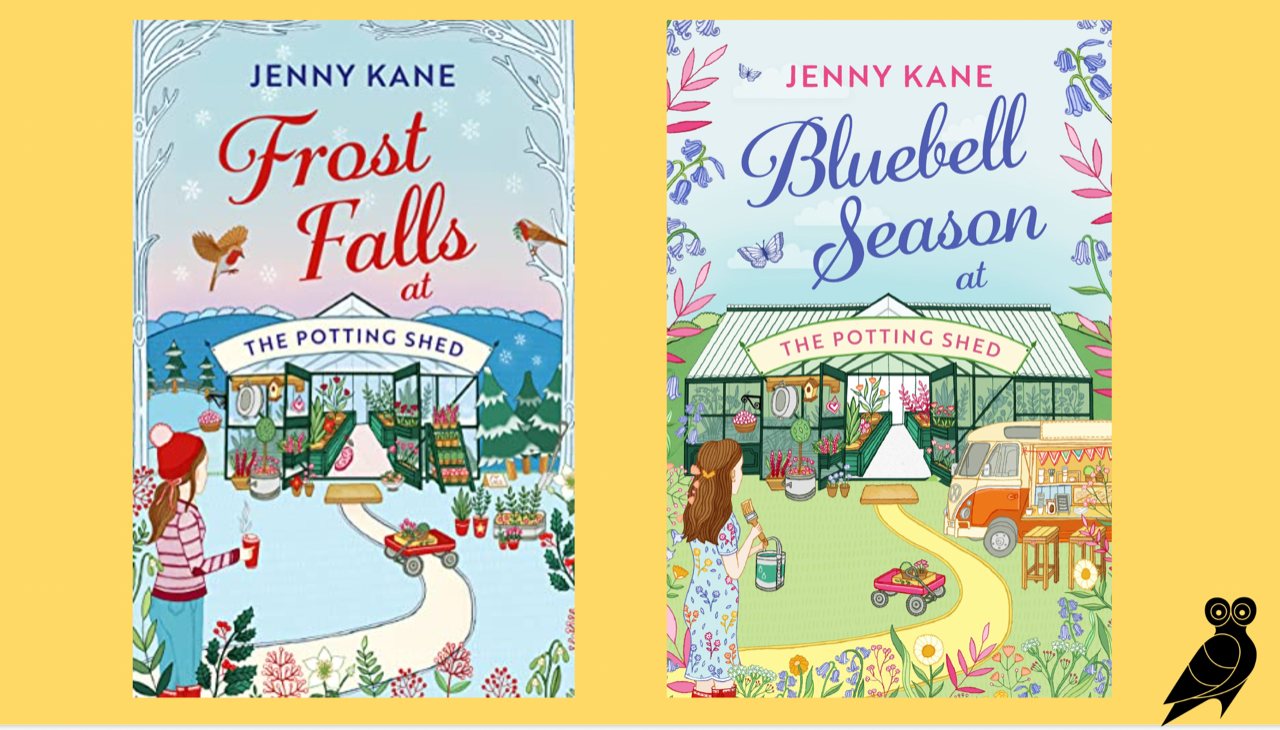
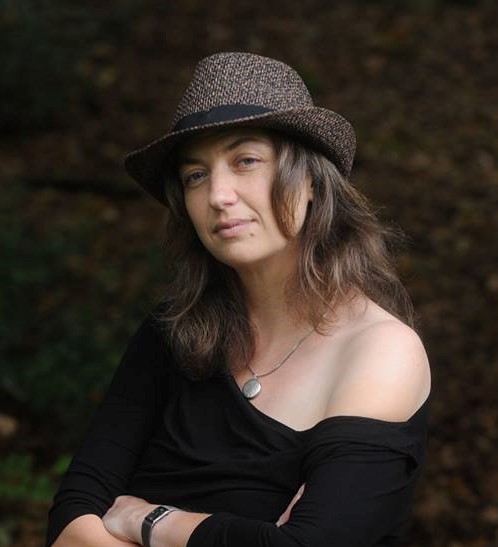
I interviewed novelist Jenny Kane, who also writes as Jennifer Ash and Kay Jaybee.
Jenny Kane writes contemporary women’s fiction and romance novels, including her Cornish novels, her Mill Grange series and her Another Cup of… books. Jenny is also the author of the quirky children’s picture books There’s a Cow in the Flat and Ben’s Biscuit Tin. She is the writer in residence for Tiverton Costa in Devon and co-runs the creative writing business, Imagine.
Jennifer Ash writes historical and crime novels and is the chief audio scriptwriter for ITV’s popular 1980’s television show, Robin of Sherwood. Kay Jaybee writes erotica for over 18’s only.
Leslie: Your pen names, Jenny Kane, Jennifer Ash, and Kay Jaybee, seem to resemble living characters, each with their own distinct interests. Can you describe each persona, their different interests, and what they write?
Jenny: Having different pen names as an author gives me a lot of freedom. It means I can explore a variety of genres while keeping my own life private. I’m terribly shy, so adopting these three different identities helps gives me the confidence I need to get out there and sell my books. It’s nice to have other versions of me to hide behind.
Jenny Kane writes romcom’s and romances, such as Midsummer Dreams at Mill Grange, Frost Falls at The Potting Shed and A Cornish Escape. Jenny loves the outdoors – especially walking on Exmoor and by the sea.
Jennifer Ash writes historical crime, cosy crime and audio scripts, such as The Outlaw’s Ransom, Manuscript Mysteries at The Robin Hood Club, and Mathilda’s Legacy. Jennifer is a trained archaeologist and has a PhD in medieval history. She loves everything to do with Robin Hood.
Kay Jaybee writes erotica and erotic romance, such as The Fifth Floor and Digging Deep. Kay began writing erotica by mistake – but immediately loved the freedom of it.
Leslie: In what ways is each author persona based on you and/or your life experiences, and how are they different? What first gave you the idea of developing them and how did they take hold/grow?
Jenny: While Jenny, Jennifer and Kay are all invented personas – they are all still me.
I am a huge fan of the countryside and spend a lot of time walking on the moors in Devon, where I live. I love coffee shops and cafes – the places I visit for such coffee and cake treats have been behind many of my Jenny Kane novels, such as Another Cup of Coffee.
When I was at university I studied archaeology and – inspired by my lifelong passion for the stories of Robin Hood – I went on to do a PhD in medieval criminology. It was that PhD that led to me writing The Folville Chronicles (as Jennifer Ash) and Romancing Robin Hood (as Jenny Kane), not to mention the many scripts I have written for ITV’s Robin of Sherwood.
My Kay persona is the one that is least like the real me. A kinky short story came into my head one day, from nowhere, and I just had to write it down. To my surprise, it was accepted into an erotica anthology, and I never looked back. When I’m ‘being Kay’ I’m braver, wear more daring clothing, and generally have more confidence.
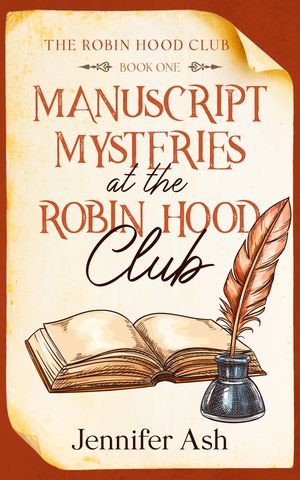
Leslie: What have been the most important stories/experiences from your life you’ve adapted for your books? What changes did you make to fit them to your stories?
Jenny: All of my stories, whichever the genre, have been inspired in some way by real life events. Usually, these trigger moments are small things – an overheard conversation, a painting, a place I’ve visited, or a skill I’ve learnt.
For example, my erotic novel, Making Him Wait, was triggered by a photograph I’d seen of a woman, whose wrists had been tied to a try of paintbrushes and watercolour tubes. This image was so striking it got me thinking about how the woman came to be in that position and what might happen next. It was the answers to those questions that formed the plotline.
My previous profession as an archaeologist crops up quite often in my work – sometimes my characters are former archaeology students, or the stories are set in places where I’ve worked as an archaeologist. My next Jenny Kane novel, Summer at Sea Glass Cove, is about a marine archaeologist. This story uses my past work experience as well as my love of the seaside and museums to inspire the plot.
Every situation from my life that I’ve used, has been adapted or exaggerated, not to fit the plot – but to lead the plot. I don’t set out to retell my own life within my books, but I do use my life experiences to ground them in reality.
Leslie: What are the differences in your approach to the various genres you use? When do you rely on plot-led work and when is it character-driven? What surprises have occurred while writing a story?
Jenny: I write in the same way, whatever genre I’m writing. I need to do more research for my historical stories – double checking dates and so on – but otherwise I approach each tale in a similar manner.
My work is largely character driven – I let them take over. If your characters are alive enough in your imagination to tell you what is going to happen next, then the plot will form in a solid and believable way. Having said that, I always keep a careful eye on my plotline and story structure – everything has to happen in the best order for the story, while remaining relatable to the readers.
Leslie: How do you prepare your writing, so you know more than the reader? Do you (for instance) read, research, watch films or observe life in order to understand the settings of your fictions and the full backstories of your characters?
Jenny: Like all writers, I always know more than the reader, because the story comes from my imagination; no one else can know what’s going to happen, because they don’t know what I’m thinking.
Writers, I think, are natural observers of life. We soak up everything around us, filtering away things of interest in case we need to use them in a story one day.
I only use locations I know well, so that I can understand the senses a character would employ there – what a place looks like, smells like, sounds like… While you can use settings researched via books and the Internet, it’s not the same as having first-hand knowledge of a location.
While I read a lot, I don’t use other people’s books (or films) to inspire my characters – I find they come into my head all on their own. Once I can see them clearly, I make notes on each one, working out their backstory, their hopes, fears, dream, likes and dislikes. The more I know about them, the better I write them.

Leslie: From your experience as a writing tutor, what are the key technical and imaginative points that authors on your Imagine programme need help with? What’s distinctive about Imagine compared with other writing schools?
Jenny: The biggest issue my students have is a fear that they’ll never be perfect. I quickly let them know that there is no such thing as perfect – and a search for perfection early on in your work will slow you down. First drafts need to be messy and imperfect, so you have something to polish up and make as good as you can. (An editor will help with the hunt for perfection – and even then, we’re only human!)
There is room in fiction for everyone. The reason there are so many writers is because there are so many readers with varying preferences and imaginations to satisfy.
Imagine is different from other writing schools in that I design my classes around my students, rather than write classes and hope people will come. This means that each workshop is tailored and will meet the needs of those present. I also concentrate as much on building writer confidence as on the words themselves – if my students believe they can write that novel, they usually do.
One of the highlights of my Imagine year, are the writing retreats I run with my business partner, Alison Knight.
Leslie: Why do you write?
Jenny: Because I have to – it’s who I am. (Whether I am being the real me, Jenny, Jennifer or Kay!).
Next week, you can read about how Leslie Tate wrote Ways To Be Equally Human.
ABOUT LESLIE TATE’S BOOKS:

I interviewed Bertin Kalimbiro from the Democratic Republic of Congo about his work in the Goma region to grow food safely and help people threatened

I interviewed computer expert and sustainability campaigner Dr Erlijn van Genuchten, who writes easy-to-understand books based on science full of practical suggestions for planet-friendly living.

I interviewed Canadian cartoonist Dawn Mockler about how she works on cartoons that might be environmental or wordless but always witty – especially her famous
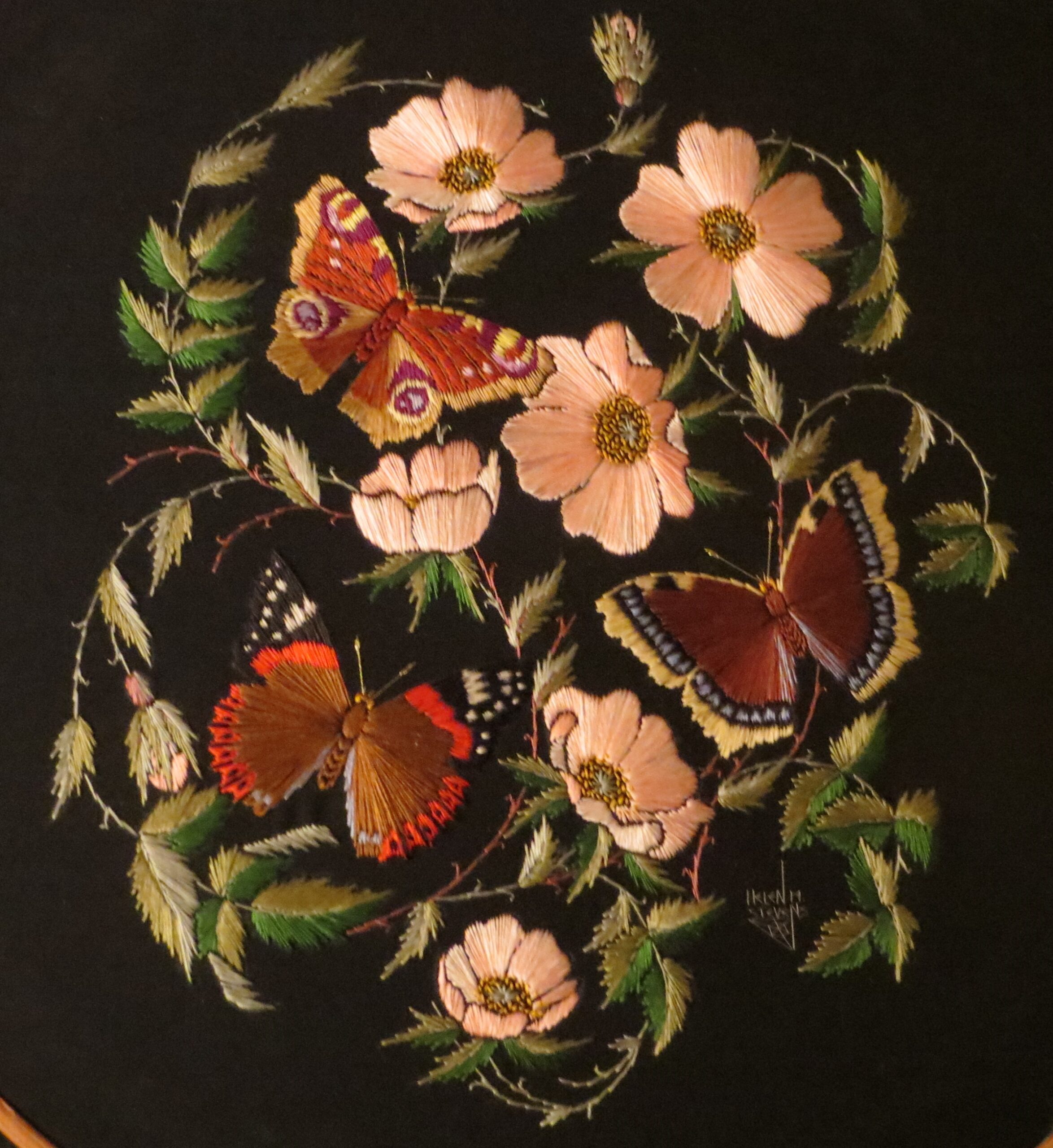
I inteviewed Helen M Stevens about how she has revived the art of embroidery, creating original contemporary patterns while studying and drawing on, “One of
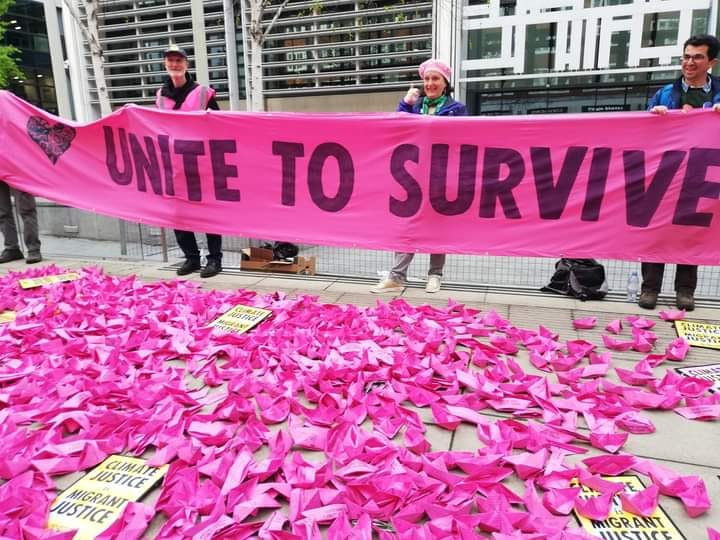
I interviewed Councillor Rachel Smith-Lyte about the origins of her passion for nature and her environmental activism. Rachel tells the story of her teaching (and
| Cookie | Duration | Description |
|---|---|---|
| cookielawinfo-checkbox-analytics | 11 months | This cookie is set by GDPR Cookie Consent plugin. The cookie is used to store the user consent for the cookies in the category "Analytics". |
| cookielawinfo-checkbox-functional | 11 months | The cookie is set by GDPR cookie consent to record the user consent for the cookies in the category "Functional". |
| cookielawinfo-checkbox-necessary | 11 months | This cookie is set by GDPR Cookie Consent plugin. The cookies is used to store the user consent for the cookies in the category "Necessary". |
| cookielawinfo-checkbox-others | 11 months | This cookie is set by GDPR Cookie Consent plugin. The cookie is used to store the user consent for the cookies in the category "Other. |
| cookielawinfo-checkbox-performance | 11 months | This cookie is set by GDPR Cookie Consent plugin. The cookie is used to store the user consent for the cookies in the category "Performance". |
| viewed_cookie_policy | 11 months | The cookie is set by the GDPR Cookie Consent plugin and is used to store whether or not user has consented to the use of cookies. It does not store any personal data. |
2 responses
Thank you for such a fun interview. Jenny x
And thank you for being a fun interviewee!